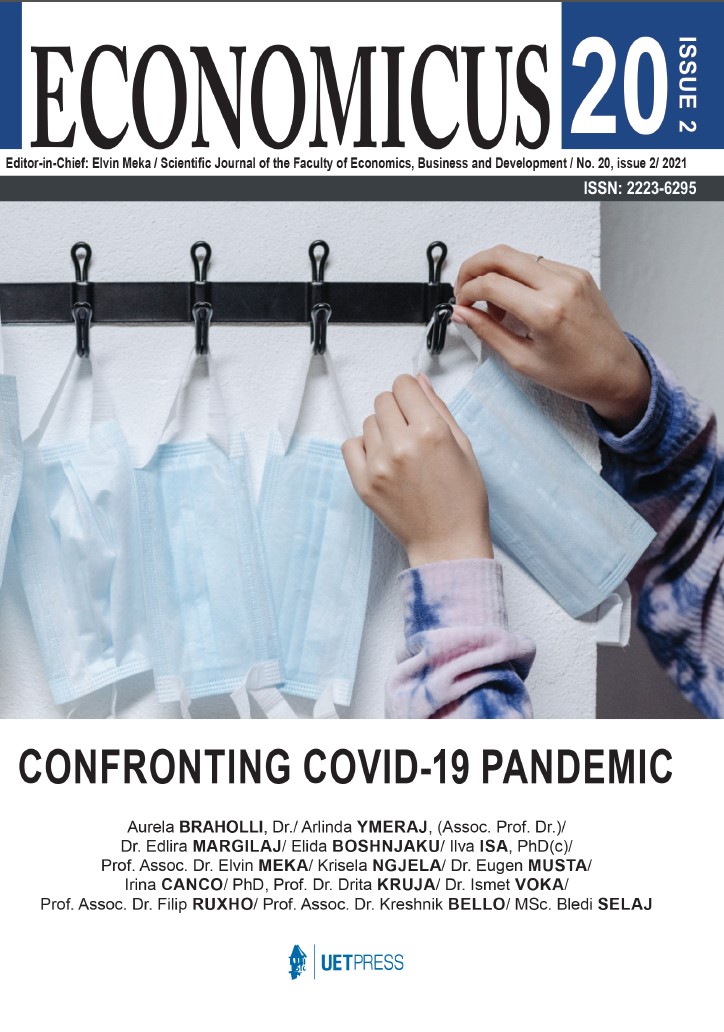Developing a Strategy to facilitate Knowledge Transfer across Muli-Generation Workforce
Developing a Strategy to facilitate Knowledge Transfer across Muli-Generation Workforce
Author(s): Edlira MARGILAJSubject(s): National Economy, Sociology of Culture, Human Resources in Economy, Sociology of Education
Published by: Shtëpia botuese “UET Press”
Keywords: transfer of knowledge; knowledge management; multi-generational workforce; strategy; organizational memory; Albania;
Summary/Abstract: Demographic changes have influenced that the companies around of the world to have an increasingly diverse workforce. This is in terms of experience, culture, age groups (generations), level of knowledge etc. Differences between the generations of the workforce and the aging of the workforce, carry the risk of losing the knowledge, that experts or knowledge workers possess when they leave the organization (retirement or voluntary dismissals). The transfer of knowledge from knowledge workers or experts to new or less experienced employees is an important issue for organizations, particularly with regard to the transfer of hidden knowledge. Despite the importance of the issue, few articles examine how to use knowledge management to transfer knowledge in today’s multi-generational workforce. Recognizing the differences between the generations of the workforce will help the managers of the organizations to determine strategies and methods for transferring knowledge across these multi-generational workforce. The purpose of the paper is to draw attention to the necessity of creation and maintenance of organization memory across transferring knowledge and to provide guidelines for organization management to transferring knowledge across multigenerational workforce. To recognize the characteristics between the generations of the workforce, as one of the success factors for the transfer of knowledge, the field literature has been explored. Thereafter statistical data have served to support the imperative importance of transferring knowledge from older (holders) to younger (needy). Mentoring has been introduced as the most used method for incorporating knowledge within the organization.
Journal: ECONOMICUS
- Issue Year: 20/2021
- Issue No: 2
- Page Range: 41-51
- Page Count: 11
- Language: English

